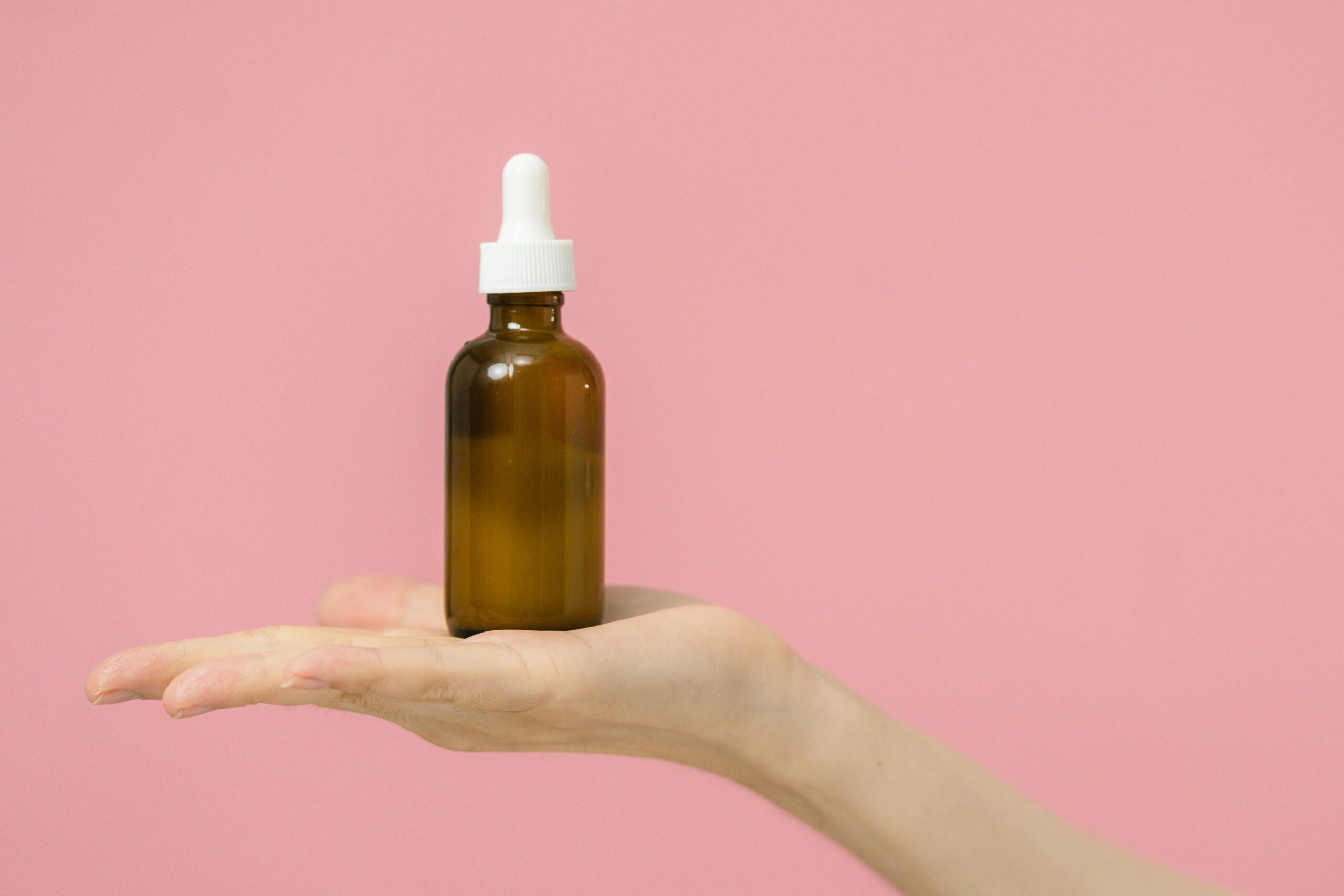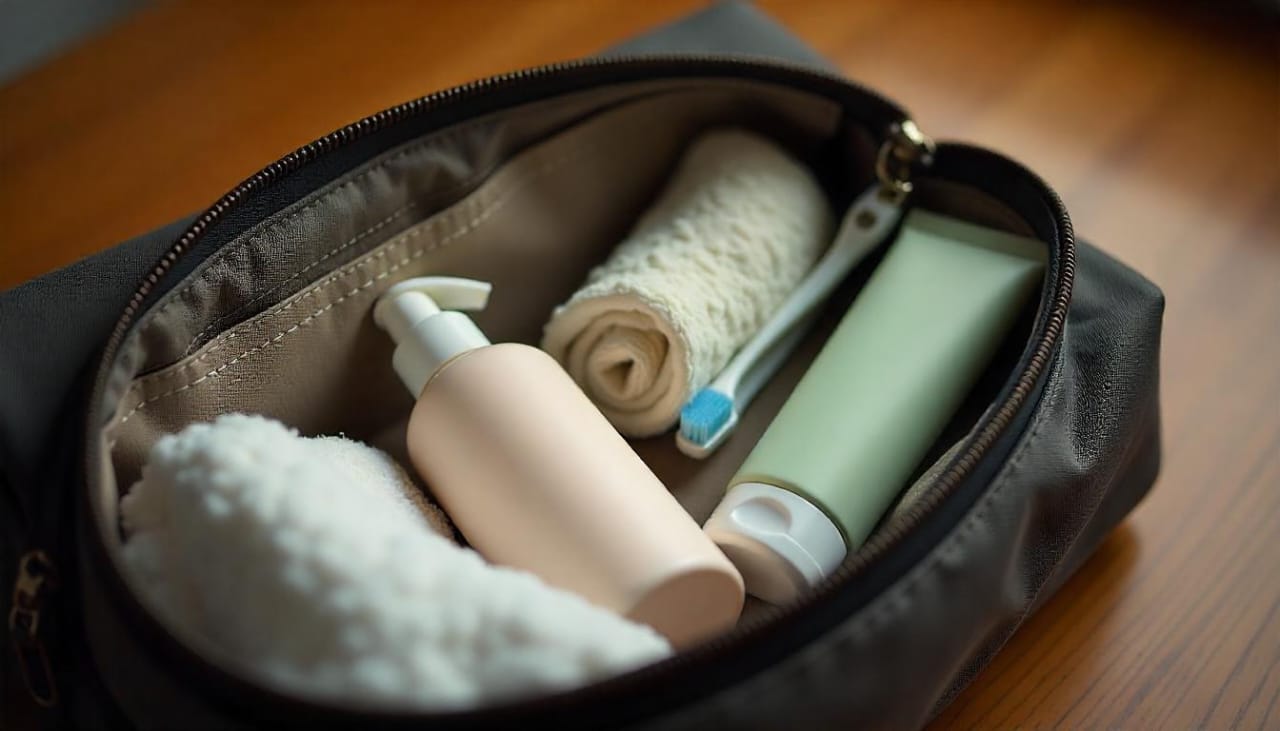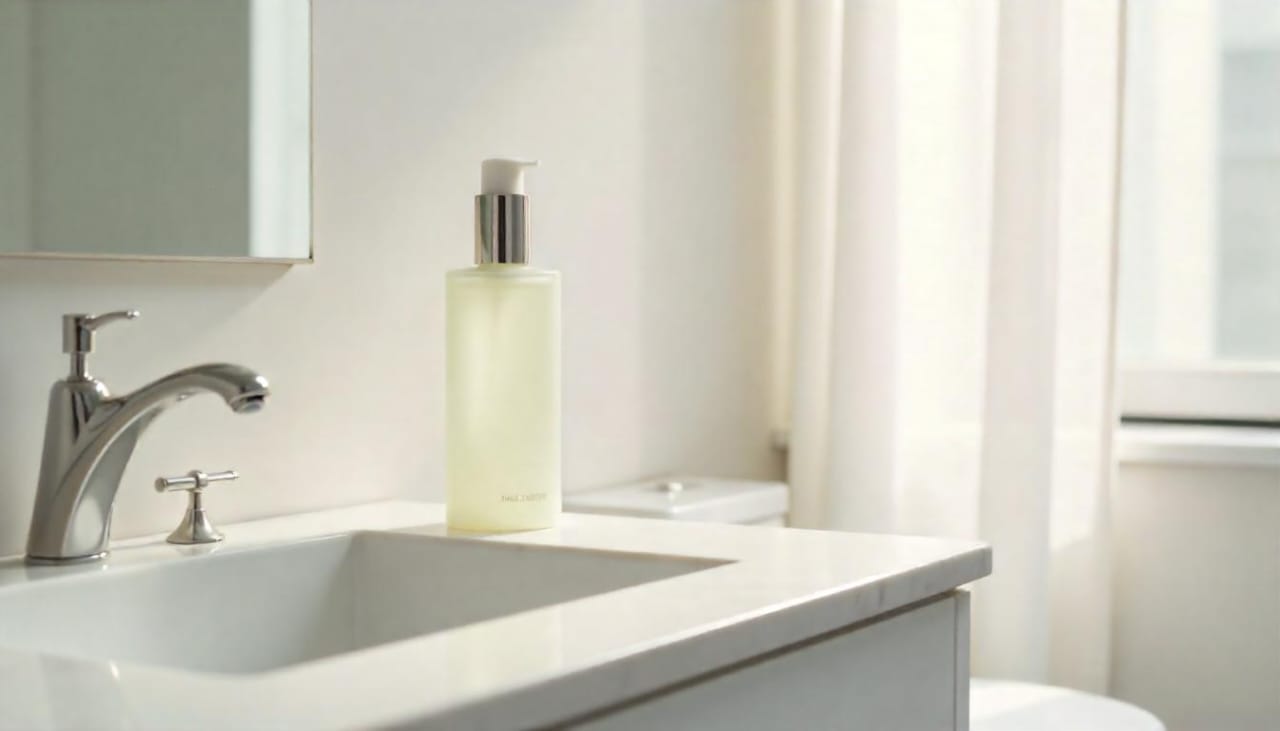When it comes to skincare, serums are often hailed as the secret weapon to achieving glowing, healthy skin. But what exactly is a serum, and why should you consider adding one to your daily regimen? If you’re new to serums or just curious about their role in skincare, this blog will provide you with all the information you need to understand their benefits and why they’re essential for your skincare routine.
What Is a Serum?
At its core, a serum is a lightweight, fast-absorbing skincare product designed to deliver concentrated active ingredients directly into the skin. Unlike moisturizers, which are designed to hydrate and lock in moisture, serums are specifically formulated to target deeper layers of the skin to address specific skin concerns, such as fine lines, hyperpigmentation, acne, or dullness. The high concentration of active ingredients—such as vitamin C, retinol, hyaluronic acid, or peptides—allows serums to work more efficiently, providing visible results faster than traditional skincare products.
Serums come in various formulas, each targeting different skincare concerns. Some are hydrating, others are brightening, while some focus on anti-aging or acne treatment. The texture is typically more fluid than creams, which makes them easier to layer under moisturizers or sunscreens, allowing for a more personalized skincare routine tailored to your needs.
Why Do You Need a Serum?
Serums are often considered a crucial step in any skincare routine for a variety of reasons. First and foremost, they provide targeted treatment for specific skin concerns. Whether you’re dealing with aging skin, dark spots, dryness, or uneven texture, there’s likely a serum designed to address your needs. Here’s why you should consider adding a serum to your skincare routine:
1. Serums Are Highly Concentrated
The active ingredients in serums are much more concentrated than those found in creams or lotions, meaning they can deliver potent benefits directly to the skin. For example, serums with vitamin C can brighten the skin and even out complexion, while those with hyaluronic acid can deeply hydrate and plump the skin. This makes serums incredibly effective for treating specific skin concerns and improving overall skin health.
2. Targeted Treatment for Specific Skin Issues
Whether you’re trying to reduce wrinkles, diminish dark spots, or fight acne, serums can be formulated to address just about any concern. Their lightweight nature allows them to penetrate deeper layers of the skin, where they can deliver active ingredients more effectively. For instance, if you have fine lines or signs of aging, using a serum with retinol can help boost collagen production and improve skin texture. If your concern is hydration, serums with hyaluronic acid can deeply moisturize, leaving your skin soft and plump.
3. They Boost the Effectiveness of Other Skincare Products
Serums can enhance the overall effectiveness of the other products in your skincare routine. When applied after cleansing and before moisturizing, serums penetrate the skin more effectively, allowing other products—like your moisturizer or sunscreen—to work better. This layering technique maximizes the benefits of your entire skincare regimen, making each step more powerful.
4. Versatility and Customization
Serums are incredibly versatile and can be customized to your specific skin type and needs. Whether you have oily, dry, sensitive, or combination skin, you can find a serum that suits you. Plus, serums are often available in a wide range of formulations, so you can layer them with other products in your routine for a tailored approach.
5. Quick Absorption and Light Texture
Serums have a thin, almost water-like texture, which makes them easy to apply and quick to absorb into the skin. This makes them a great option for individuals who dislike the heavy feel of creams or lotions but still want the benefits of a concentrated skincare product. The fast absorption also means you can layer other products on top without feeling weighed down.
How to Use a Serum in Your Routine?
Incorporating a serum into your skincare routine is simple. Here’s a quick guide on how to use it effectively:
- Cleanse Your Skin: Start with a clean face. Use a gentle cleanser to remove any dirt, oil, or makeup.
- Apply Toner (Optional): If you use a toner, apply it after cleansing to balance your skin’s pH and prep it for better serum absorption.
- Apply the Serum: Use a few drops of serum and gently press it into your skin. Serums are often concentrated, so a little goes a long way.
- Moisturize: Follow up with a moisturizer to lock in hydration and ensure your skin feels soft and smooth.
- Sunscreen: If you’re applying the serum in the morning, don’t forget to finish your routine with sunscreen to protect your skin from harmful UV rays.
Conclusion: Why You Should Add a Serum to Your Skincare Routine
In short, serums are a powerful addition to any skincare routine because they deliver concentrated active ingredients that target specific skin concerns. Whether you’re looking for brighter skin, reduced fine lines, or intense hydration, there’s a serum designed to help you achieve your skincare goals. With their lightweight texture, quick absorption, and impressive effectiveness, serums are not just a luxury—they’re a skincare necessity for those looking to elevate their routine and achieve radiant, healthy skin. So, if you haven’t already, it’s time to make serums a regular part of your skincare regimen!




